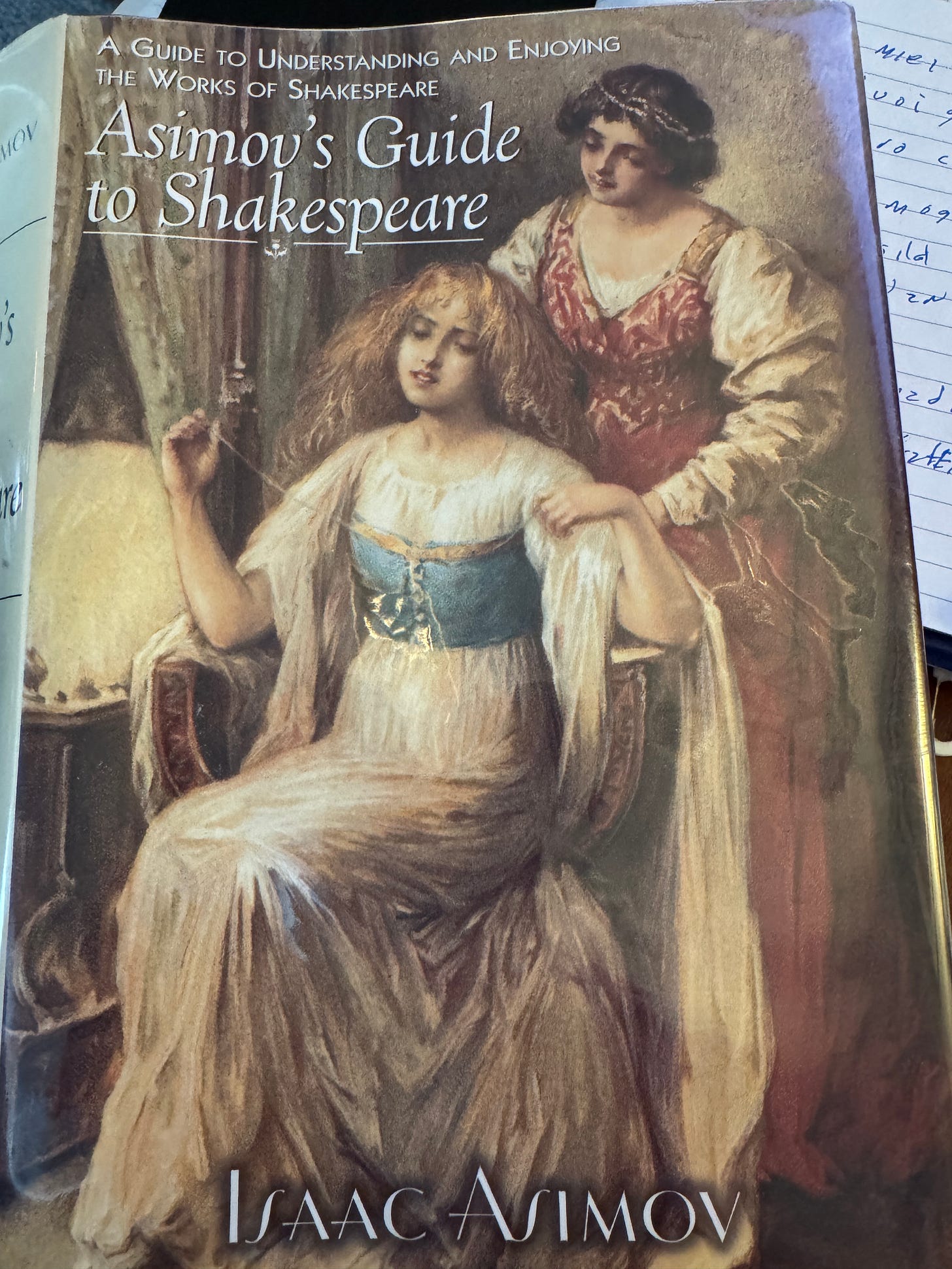There have always been quotes of dubious authenticity floating around the internet since before there was a World Wide Web. In the days of Usenet there were discussion groups including the ones that started with “alt”
This is the most extensive newsgroup hierarchy outside of the Big 8. Examples include:
alt.atheism — discusses atheism
alt.binaries.slack — artwork created by and for the Church of the SubGenius.
alt.config — creation of new newsgroups in the alt.* hierarchy.
alt.sex — the first alt.* newsgroup for discussion of sexual topics.
alt.sex.stories — text-based erotic stories of all types.
alt.suicide.holiday — pro-choice discussion of suicide.
alt.tv.simpsons — discusses the TV show The Simpsons.1
These groups were unmoderated and often would have arguments settled by quotes that were just made up. Nowadays we can expect such disrespect of the truth from the very highest levels of government. But what if you actually want to check if a quote is real. I found myself in that very situation. There’s an Asimov quote
When I searched for an image with this quote I ran across image which was X which does not have the best reputation for providing anything factual so I was suspicious. In case you don’t know my regular job is librarian and we librarians take these things seriously. We have tools at our disposal such as books of quotes. Here are a few from my library
Bartlett, John, and Geoffrey O’Brien. 2012. Bartlett’s Familiar Quotations : A Collection of Passages, Phrases, and Proverbs Traced to Their Sources in Ancient and Modern Literature. 18th ed. New York: Little, Brown, and Co.
Pound, Richard W. 2013. Quotations for the Fast Lane. 1 online resource (xi, 644 pages) vols. Montreal: McGill-Queen’s University Press. https://www.deslibris.ca/ID/446152.
Shapiro, Fred R., and Louis Menand. 2021. The New Yale Book of Quotations. Revised edition. 1 online resource (xxiii, 1136 pages) : illustrations vols. New Haven: Yale University Press. https://doi.org/10.12987/9780300262780.
These books have the advantage of being fact checked which means someone was paid to make sure they got it right before publishing it. They also cost money unlike checking the quote lists on Goodreads. Unfortunately they are also limited. I couldn’t find this quote anywhere and the closest I got to a citation was a mention that it was in the massive Asimov’s Guide to Shakespeare in the section on Henry VI Part One. So I did what any good researcher would do and ordered the book through ILL. It took a few days to get to my library but eventually I was rewarded.
Here is the quote in its entirety:
This is an example of what those who have studied history well know: When stupidity is considered patriotism, it is unsafe to be intelligent.
Asimov, Isaac. 1970. Asimov’s Guide to Shakespeare: A Guide to Understanding and Enjoying the Works of Shakespeare. New York N.Y.: Gramercy Books p529.
It wasn’t that hard and it cost me nothing. I wonder how many people who post quotes in the internet have ever done this. Is this limited to academic work? The next time someone says they “did their own research” you may want to ask what that means.
“List of Newsgroups.” 2024. In Wikipedia. https://en.wikipedia.org/w/index.php?title=List_of_newsgroups&oldid=1245467033.







As it seems increasingly likely that things will fall apart, I hope that picking up the pieces looks like slowing down in this way. Lies thrives in speed. I think we'd all benefit from this kind of thoughtfulness and testing of our assumptions.